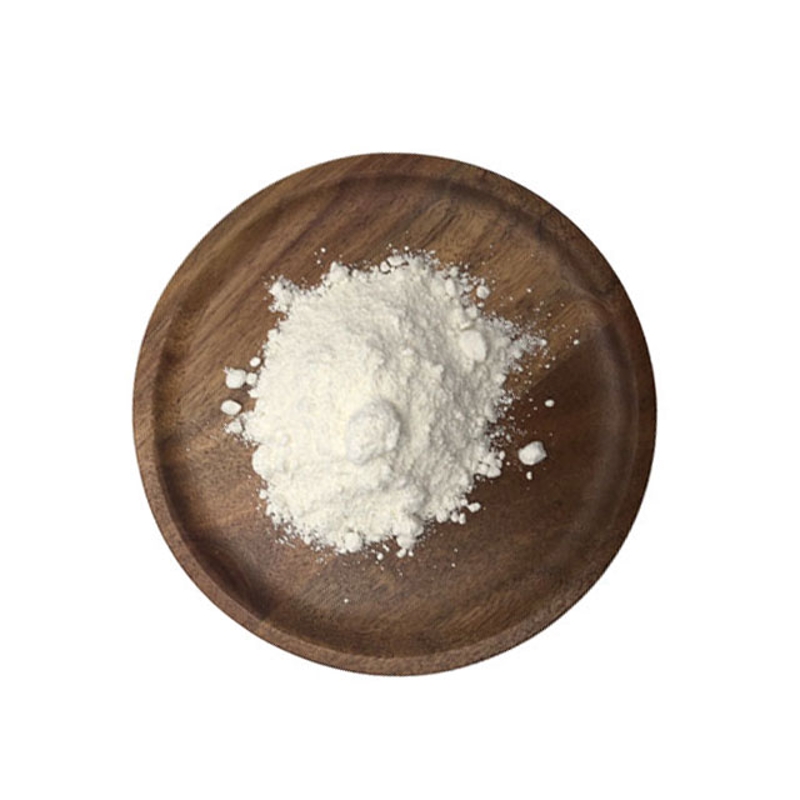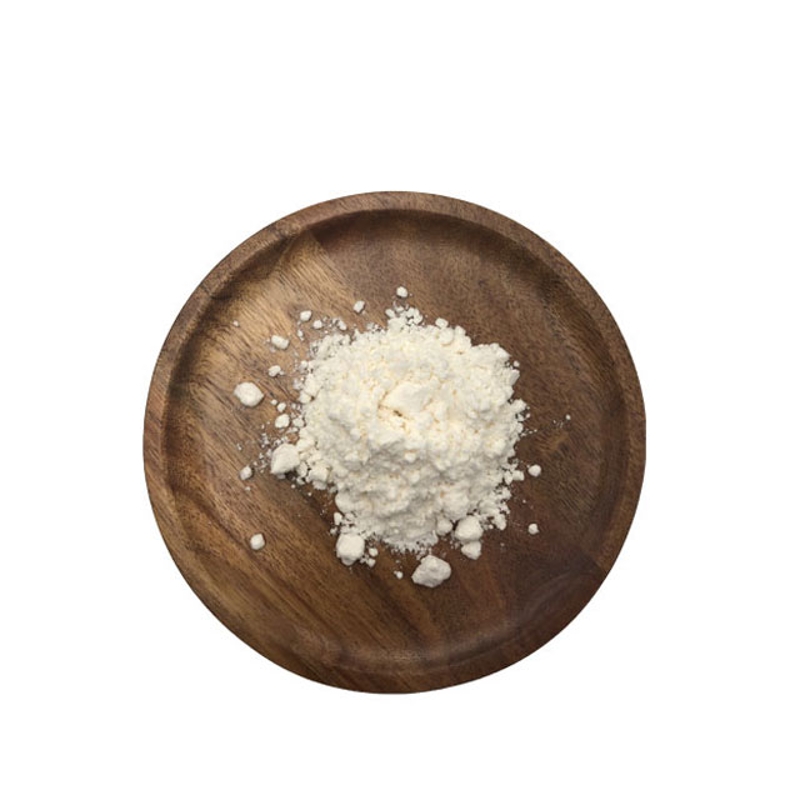-
Categories
-
Pharmaceutical Intermediates
-
Active Pharmaceutical Ingredients
-
Food Additives
- Industrial Coatings
- Agrochemicals
- Dyes and Pigments
- Surfactant
- Flavors and Fragrances
- Chemical Reagents
- Catalyst and Auxiliary
- Natural Products
- Inorganic Chemistry
-
Organic Chemistry
-
Biochemical Engineering
- Analytical Chemistry
- Cosmetic Ingredient
-
Pharmaceutical Intermediates
Promotion
ECHEMI Mall
Wholesale
Weekly Price
Exhibition
News
-
Trade Service
Intensive glucose lowering, especially in the longer duration of 2 type diabetes mellitus ( T2DM ), the only moderately reduced cardiac vascular disease ( CVD incidence) of
Intensive glucose lowering, especially in the longer duration of 2 type diabetes ( diabetes mellitus T2DM ), the only moderately reduced heart blood vessel disease ( heart blood vessels CVD incidence) of
In previous studies, several GLP-1RAs can also improve endothelial function
Magnetic resonance imaging ( MRI ) makes accurate and highly repeatable measurements of the entire carotid artery wall, and reliably identifies atherosclerotic plaque components, such as lipid-rich necrotic core ( LRNC ) or plaque calcification, which are It is believed to be related to the vulnerability of plaque and the risk of CVD .
Magnetic resonance imaging ( MRI ) makes accurate and highly repeatable measurements of the entire carotid artery wall, and reliably identifies atherosclerotic plaque components, such as lipid-rich necrotic core ( LRNC ) or plaque calcification, which are It is believed to be related to the vulnerability of the plaque and the risk of CVD .
Recently, a cardiovascular specialist from the Veterans Affairs Health Care System in Phoenix, Arizona, USA used 3T carotid MRI to test how Exenatide once a week would delay the progression of carotid plaque in patients with T2DM .
In a double-blind, pragmatic trial, 163 participants were randomly assigned ( 2:1 ) to exenatide ( n=109 ) or placebo ( n=54 )
In a double-blind, pragmatic trial, 163 participants were randomly assigned ( 2:1 ) to exenatide ( n=109 ) or placebo ( n=54 )
The effect of exenatide once a week on the changes of cardiometabolic characteristics
The effect of exenatide once a week on the changes of cardiometabolic characteristicsThe results showed that compared with placebo, Exenatide reduced HbA1c by 0.
The results showed that compared with placebo, Exenatide reduced HbA1c by 0.
Further analysis showed that the change in plaque volume in the exenatide group and the change in plaque volume in the exenatide group and the change in plaque volume in the exenatide group were related to HbA1c (r = 0.
Representative image of a person's carotid artery wall with increased and decreased plaque volume
Representative image of a person's carotid artery wall with increased and decreased plaque volumeThe researchers pointed out that the anti-atherosclerotic effect of exenatide once a week for up to 18 months may not play a central role in the cardiovascular benefits of GLP-1RAs .
The researchers pointed out that the anti-atherosclerotic effect of exenatide once a week for up to 18 months may not play a central role in the cardiovascular benefits of GLP-1RAs .
In summary, Exenatide improved fasting and postprandial blood glucose control, but did not change the volume or composition of carotid plaque
references:
references:The Effect of Exenatide Once Weekly on Carotid Atherosclerosis in Individuals With Type 2 Diabetes: An 18-Month Randomized Placebo-Controlled Study.
The Effect of Exenatide Once Weekly on Carotid Atherosclerosis in Individuals With Type 2 Diabetes: An 18-Month Randomized Placebo-Controlled Study.
Diabetes Care 2021 Jun; 44(6): 1385-1392.
https://doi.
org/10.
2337/ dc20-2014 The Effect of Exenatide Once Weekly on Carotid Atherosclerosis in Individuals With Type 2 Diabetes: An 18-Month Randomized Placebo-Controlled Study.
Leave a message here







